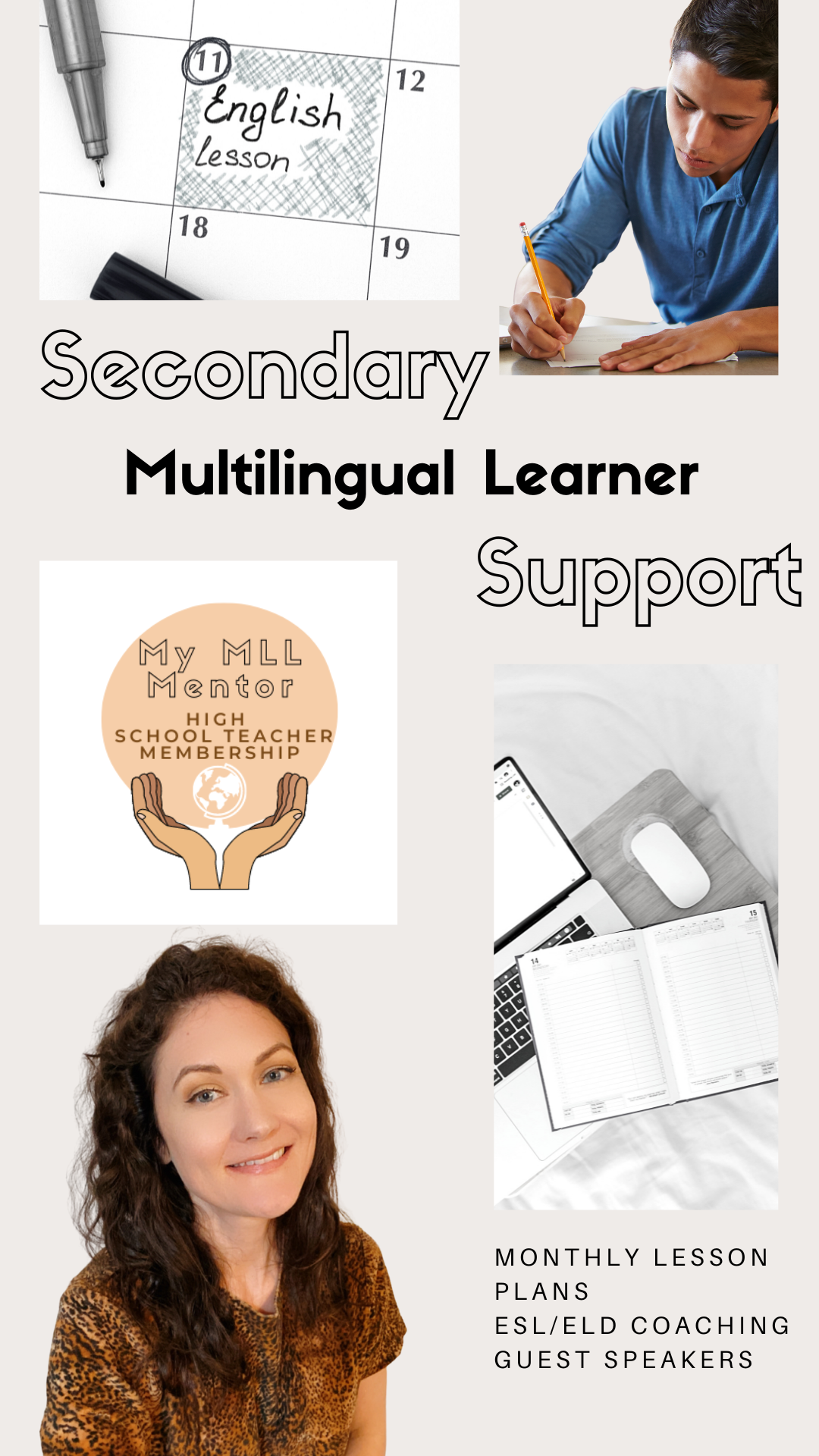|
This post is from guest contributor and personal trainer Sheila Olson at FitSheila.com.
Most teachers can relate to feeling tired no matter how much rest they think they’re getting. But what if the secret to feeling and looking younger had to do with your sleep quality more than quantity? Assuming you’re already getting at least eight hours of rest each night, here’s how you can improve your sleep habits to feel and look younger, courtesy of ELL Lady. Is Better Sleep the Secret to Anti-Aging? With so many gimmicky appeals to preventing (or even reversing) aging, what can you believe? For starters, looking into the research behind the impact sleep has on your appearance (plus mental and physical health) is a smart move. It turns out that sleep is essential to looking and feeling your best. One study found that poor sleep increased signs of aging, lowered skin function, and caused study participants to be less happy with their appearance. PBS noted a body of research that highlighted how poor sleep habits may serve as a “trigger” to biological aging processes. Plus, research suggests that more sleep doesn’t negatively impact people at any age, though a lack of sleep can be detrimental throughout life. All the more reason to sleep more, but also sleep better. How to Enjoy Better Sleep Good rest is important, but how can you increase the quality of your sleep and get the appropriate number of hours per night? Try these tips for enjoying better sleep so you can feel refreshed (and maybe a few years younger, too). Stick to a Schedule As a teacher, you no doubt have to stick to a schedule during your working hours. But it makes sense to structure your evening hours, too. Giving yourself a regular bedtime (and wake time) will help you block off eight hours of rest per night, but there’s more to it than that. Experts suggest that a regular sleep schedule can help you feel more rested, reduce your dependence on caffeine, and boost your overall mood and health. Your body has an intrinsic sleep-wake system called a circadian rhythm. By embracing sleep when it’s dark and waking when it’s light, you’re feeding that system and maintaining a natural balance. That means less coffee to get started each day and less trouble falling asleep at night. Prep Your Sleep Space Speaking of circadian rhythms, while you might groan in the morning when light streams through your window, that’s nature at work. Sunlight helps wake you naturally, which is great for early-morning classes. But on the same token, artificial light can keep you up. Darkening your room and ensuring it’s a comfortable temperature can help you achieve better rest with minimal effort. Especially if you live in a big city with tons of nightlife, lights outside your window can be distracting. Blocking off your windows and shutting down technology can help reprogram your brain for rest. Darkness boosts melatonin production in your body, says the Sleep Foundation, and melatonin is the key to sleepiness. Try Smart Tech Although removing technology from your bedroom is the best bet to avoid unnatural light, there are some devices that can aid in better rest. For example, if you live somewhere especially noisy, listening to music could help block out distracting noises. For some soothing tunes before bed, consider speakers at low volume or comfortable earbuds for a few sleepy time tracks. Relaxing music can impact your breathing and heart rate, among other physical triggers, so you can settle down for the night with less stress. Another helpful piece of tech that can help with the transition to bedtime is blue light-canceling glasses. If you need to use your devices after dark, specialized lenses block potentially harmful blue light so your brain doesn’t notice the unnatural stimulus. The result; An easier time drifting off, even if you’ve just wrapped up grading online assignments at 10 pm. Indulge in a Hobby Most teachers have little free time, but opening your schedule for a hobby or two can be healthy in so many ways. Hobbies are already relaxing and creatively fulfilling, of course. But engaging in an activity you enjoy before going to sleep can help you decompress and prep for rest. Removing stress during your evening hours aids in the transition to sleepy-time relaxation. Think about it: after a long day of teaching, sinking into the couch with a good book, or spending some time crafting helps you separate from the drama of the classroom (and pandemic-era online testing). When it’s time to hit the sack, you’ll feel less tied to your work and more ready to let the stress and never-ending professional to-do list wait for the next time you clock in. Add Beautifying Boosters Sleep alone has plenty of perks for your mental and physical health. But if you’re hoping to maximize the ‘looking younger’ benefit of good rest, you may be interested in adding some beautifying boosters to your nighttime routine. One simple step that can help you look and feel your best is implementing a soothing routine before you go to sleep. Washing your face is a must to remove the grime of your day but adding a luxurious face mask or a moisturizing lotion can upgrade your routine. The jury is out on all those expensive creams that promise to banish the signs of aging. But a good moisturizer can help reduce the visibility of wrinkles and help your skin look brighter. And some ingredients, like retinol, can help with more drastic signs of aging. Sleeping more than eight hours might not help you look ten years younger. However, cleaning up your nighttime routine and treating your body well can help you feel younger. It may even reduce the visibility of a few wrinkles (not that your students will notice). Photo via Unsplash
0 Comments
Leave a Reply. |
AuthorI support middle and high school teachers through monthly lesson plans, coaching, and guest speaker offerings in our Secondary ESL Teacher Membership. Archives
April 2023
Categories
All
|


 RSS Feed
RSS Feed
